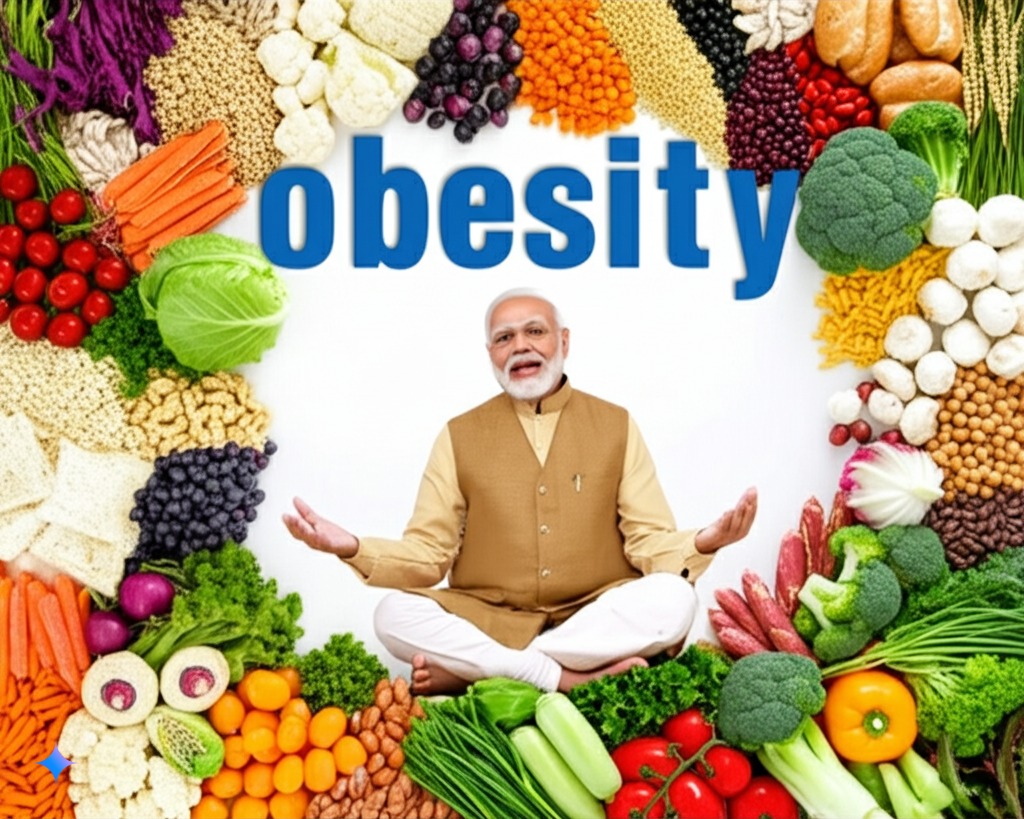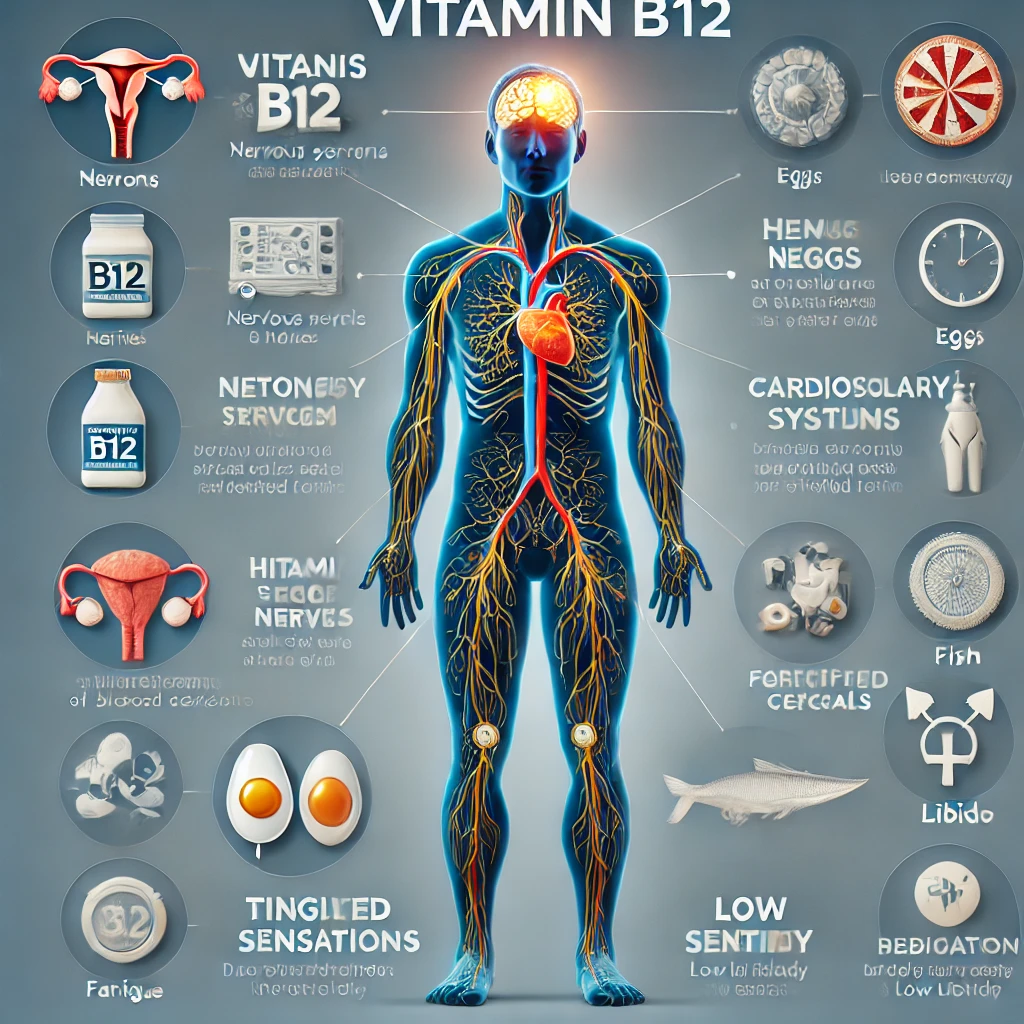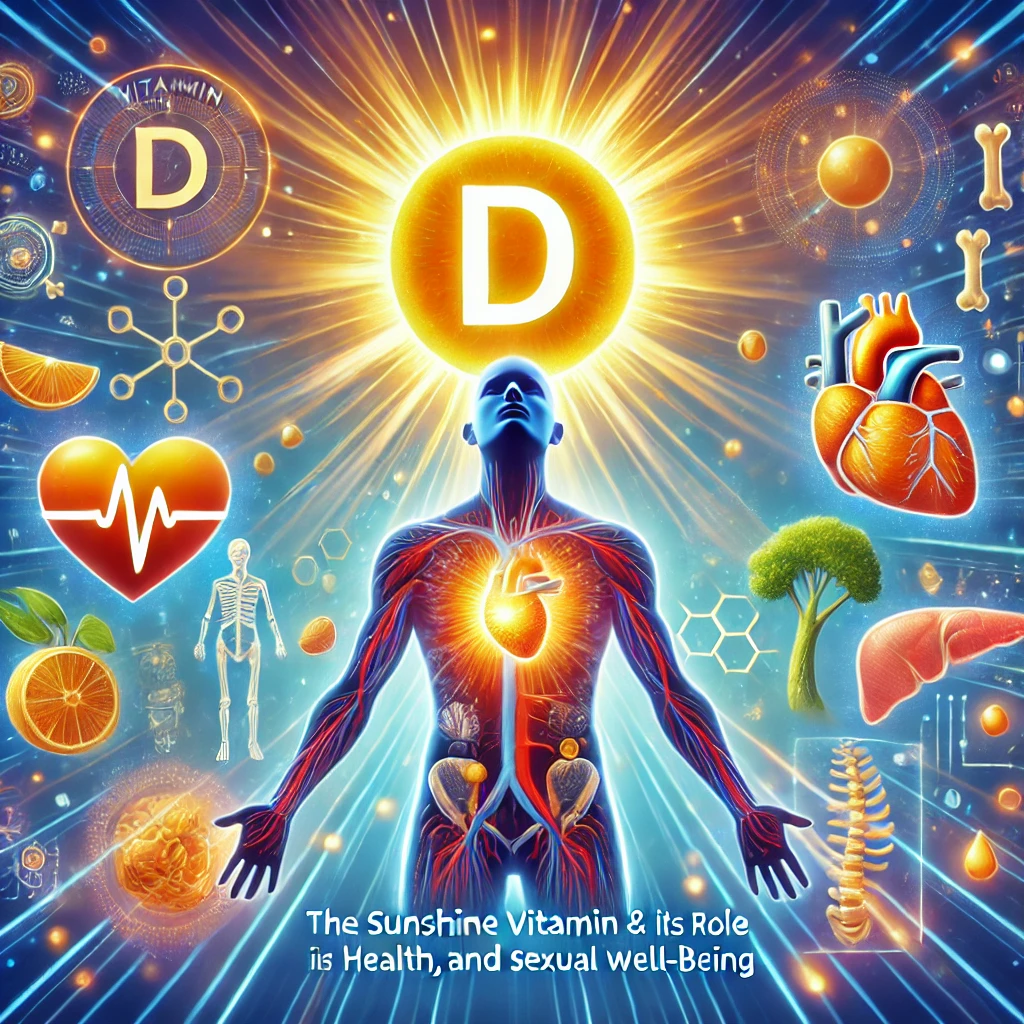ELEVATE YOUR SEXUAL WELL-BEING THROUGH NUTRITION: Nutritional management of erectile dysfunction
Erectile Dysfunction (ED) – Pathophysiology and Nutritional Management
1. Introduction
Nutritional management of erectile dysfunction is extremely imporatnt, so lets understand in detail. ED is defined as the persistent inability to achieve or maintain an erection sufficient for satisfactory sexual intercourse. The briefing explores the underlying causes (pathophysiology) of ED and the potential role of nutrition in its management. It also identifies foods, supplements, and lifestyle modifications that may assist in ED management.
2. Pathophysiology of Erectile Dysfunction
It’s crucial to understand that while ED was once largely considered a psychological issue, recent research indicates that around 80% of cases have an organic basis. ED is a complex condition influenced by multiple interacting factors:
Vascular Factors: These are primary contributors to ED.
Reduced Blood Flow: Conditions such as atherosclerosis (hardening of the arteries), peripheral vascular disease, hypertension (high blood pressure), and hyperlipidemia (high cholesterol) impair blood flow to the penis.
Endothelial Dysfunction: Impaired function of blood vessel lining cells (endothelial cells) is a key factor in both cardiovascular disease and ED, a point emphasized by both source documents.
“Endothelial dysfunction, characterized by impaired function of the cells lining blood vessels, is a key factor in both cardiovascular disease and ED”
Veno-occlusive Dysfunction: Inability of veins to properly close during an erection, preventing the penis from trapping blood, leads to difficulty maintaining an erection.
Cavernous Smooth Muscle Atrophy and Fibrosis: This affects the penis’s ability to expand and retain blood during an erection.
Neurological Factors: The nervous system plays a vital role in transmitting signals from the brain to the penis to initiate and maintain an erection.
Conditions such as stroke, multiple sclerosis, diabetes-related neuropathy, and spinal cord injuries disrupt these signals and contribute to ED.
Hormonal Factors:
Low Testosterone (Hypogonadism): Crucial for libido and achieving/maintaining an erection.
“Testosterone is essential for libido (sexual desire) and plays a crucial role in achieving and maintaining an erection”
Other hormonal imbalances, such as hyperthyroidism and hypothyroidism can also contribute to ED.
Other Factors:
Diabetes: Men with diabetes are two to three times more likely to develop ED due to vascular damage, nerve damage and hormonal imbalances.
Medications: Certain antihypertensives, antidepressants, antipsychotics, and cholesterol-lowering agents can have ED as a side effect.
Psychological Factors: Stress, anxiety, depression, and relationship issues can contribute to ED.
Lifestyle Factors: Smoking, excessive alcohol consumption, obesity, and lack of physical activity are associated with an increased risk of ED.
Metabolic Syndrome: A cluster of conditions (increased blood pressure, high blood sugar, excess abdominal fat, and abnormal cholesterol levels) is a risk factor.
“Metabolic syndrome, a cluster of conditions that include increased blood pressure, high blood sugar, excess body fat around the waist, and abnormal cholesterol levels, is also a risk factor for ED.”
Pelvic Irradiation: Treatment for prostate cancer can damage blood vessels and nerves in the pelvic area, leading to ED.
3. Nutritional Management of ED
While medical interventions are often necessary, nutritional strategies can support ED management. Key aspects include:
General Dietary Recommendations:
Mediterranean Diet: Emphasizes fruits, vegetables, whole grains, legumes, nuts, and fish, while limiting red and processed meats. Studies suggest men on this diet are less likely to develop ED.
“Studies have shown that men who follow a Mediterranean diet are less likely to develop ED”.
Heart-Healthy Foods: Diets rich in fruits, vegetables, and whole grains are crucial for cardiovascular health, which is vital for erectile function.
Healthy Fats: Include sources like olive oil, nuts, and fatty fish.
Limit Processed Foods and Sugar: These can contribute to weight gain and other health issues that worsen ED.
Maintain Healthy Weight: Obesity is a significant risk factor and weight loss can improve function.
Limit Licorice: It has been shown to negatively impact sexual performance and testosterone levels.
Avoid Western Diet: High consumption of processed foods, red meat, and unhealthy fats may be associated with lower semen quality.
Foods That May Help:
Flavonoid-rich Foods: (berries, citrus fruits, apples, pears, leafy greens) – may improve blood flow by increasing nitric oxide levels.
L-citrulline-rich Foods: (watermelon) – converts to L-arginine in the body, which also increases nitric oxide production and improves blood flow.
Folate-rich Foods: (spinach, legumes) – Folate (B vitamin) potentially improves vascular health.
L-arginine-rich Foods: (oatmeal) – Also increases nitric oxide for better blood flow.
Omega-3 Fatty Acids: (salmon) – Crucial for cardiovascular health.
Pistachios: One study showed improvements in erectile function, possibly due to arginine content.
“A study showed that consuming pistachios daily improved erectile function”
Other Foods – Leafy greens (spinach, romaine lettuce, asparagus, and Brussels sprouts), whole grains (oats, brown rice, quinoa), pomegranate juice
Herbs and Spices
Garlic: May improve blood flow.
Ginger: May have anti-inflammatory properties.
Cinnamon: May help with blood sugar regulation.
Dietary components that help manage ED- include the Mediterranian Diet, flavonoid-rich foods, L-citrulline-rich foods, leafy greens and vegetables, nuts and seeds, Omega-3 fatty acids, whole grains and pomegranate juice.
4. Supplemental Considerations
While research is ongoing, some supplements have shown potential benefits, but caution is advised, and consultation with a doctor is essential:
Supplements for improved blood flow:
L-arginine: May improve function by increasing nitric oxide production. High doses can cause side effects. Don’t take with sildenafil.
Vitamin B3 (Niacin): May improve blood flow and reduce oxidative stress.
Supplements with potential hormonal effects:
DHEA: May help with ED linked to high blood pressure. Long-term or heavy use may be linked to some cancers.
Ginseng: May improve sexual function. Potential side effects include insomnia, headaches and vertigo. Interacts with alcohol, caffeine, and some medications.
Other Supplements
Vitamin D: Deficiency linked to ED.
Red Ginseng: May improve function.
L-carnitine: May support ED by improving penile blood flow.
Propionyl-L-carnitine: Combined with sildenafil, might improve function more than sildenafil alone.
Yohimbe: Derived from tree bark, used for ED, but has potentially serious side effects.
Vitamin B9 (folic acid): May improve ED severity.
5. Combining Nutritional Management with Other ED Treatments
Nutritional strategies can complement other ED treatments like sildenafil (Viagra) or tadalafil (Cialis).
Be aware of potential interactions: e.g. high fat meals can delay absorption of sildenafil.
Combine a healthy diet with other lifestyle changes, like regular exercise and stress management, for more sustainable results.
6. Conclusion
ED is a complex issue often linked to underlying health conditions, particularly cardiovascular problems. While medical treatments are often essential, nutrition plays a supportive role in managing ED. A healthy diet, specific foods, and certain supplements may help improve erectile function. Consultation with a healthcare professional is critical for personalized advice and to ensure safety. A holistic approach combining nutritional changes, lifestyle adjustments, and medical treatments offers the most effective path to managing ED.
For long term solution resort to the
Important links:
INTEGRTATED SEXOLOGY approach by Dr. Hitesh Shah, renowned and Best Sexologist in Mumbai and Best Sexologist Near me. Call 9819035111 Consult him online or at his Mumbai based clinic.






